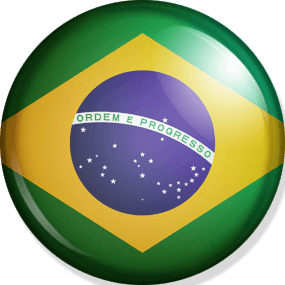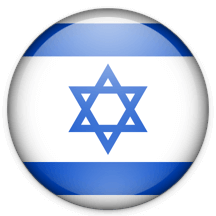The Doctorate program is highly selective and is designed to train scholars and teachers in such areas as Jewish History, Jewish Literature, Biblical Archeology, Modern Jewish studies, Israel studies, contemporary Jewish studies, and Jewish education. Potential applicants are encouraged to consult with the Graduate Advisor or with faculty members in their areas of interest to ensure that they are a good match for the program.
Preparation for the Doctoral Program
Students applying for the Doctorate generally have at least a Master’s Degree in Jewish studies and in the discipline which they seek to pursue, as well as a working knowledge of Hebrew. Training in the humanities or social sciences (e.g., languages, literature, philosophy, history, sociology or archeology) is helpful. Students with less training are nonetheless encouraged to apply to the program.
All applicants are encouraged to consult the faculty of their program prior to their application to seek answers to questions, especially if they have questions concerning qualifications. Students lacking adequate preparation may want to consider applying to the MA program.
Teaching Requirement
As part of the graduate training program in NEJS, all Doctorate students are required to fulfill teaching actions or research assignments during the first semester of their programs, serving as apprentices to faculty mentors who provide feedback to their mentees.
Consortium
Students should also discuss with their advisers the desirability of taking courses at member institutions of the MCH.
Advising
Students are assigned advisers from the Near Eastern and Judaic Studies department in the program to which they were admitted. Students must meet with their adviser(s) regularly and before enrolling in courses, to ensure appropriate course coherency. The programs for each graduate area may be found in the departmental office and are posted on the NEJS departmental website.
This program will cover credits on areas like:
- Principles of Congregation Growth;
- Administration and Religious Rights;
- Psychology of Religion;
- The Chain of Torah Transmission;
- Jewish Eschatology;
- Rabbinic Authority;
- The Concept and Dynamics of Machloket;
- The Halachic Process and Codification of Jewish Law;
- The History of the Jewish Mysticism;
- Principles of Jewish Mysticism: Hishtalshelut;
- Kabbalistic Explanations of the Torah and Mitzvot.
- Olam HaTefilah;
- Jewish Liturgy
Learning Outcomes
Students in the DJS program learn to:
- Describe how key issues have been addressed throughout classical Jewish history and literature;
- Discuss how Jews have re-interpreted historical experience and texts to deal with perplexing issues;
- Explain how and why authenticity and continuity have been maintained despite historical disruption and discontinuity;
- Draw upon the resources of past Jewish literature and historical experience to address issues and problems challenging contemporary Jewish life;
- Clarify their own intellectual and religious identities.
Examinations
All candidates for the Doctor’s degree in Jewish studies are required to pass two comprehensive examinations.
- The first exam, which usually includes a written and an oral component, tests for knowledge of a broad discipline or body of literature, e.g. the breadth of Jewish history, central Jewish texts in context, or medieval and modern Hebrew writings. Precise details should be worked out with the student's adviser.
- The second exam tests for proficiency in the student's area of specialization related to the proposed area of the dissertation. This may be combined with the defense of the Thesis proposal. In the semester in which they are preparing for their examinations, students are encouraged to sign up for reading courses with the members of the faculty who will participate in those examinations.
For futher information, contact president@ordavid.org







